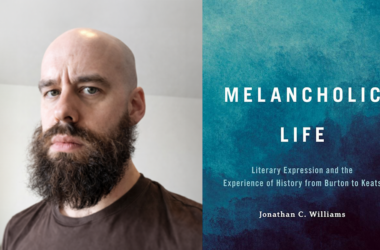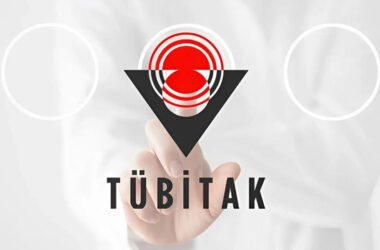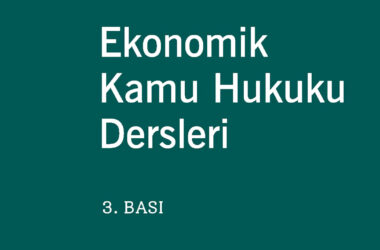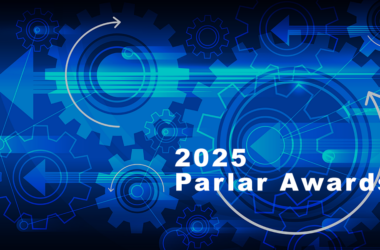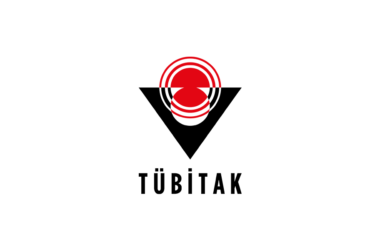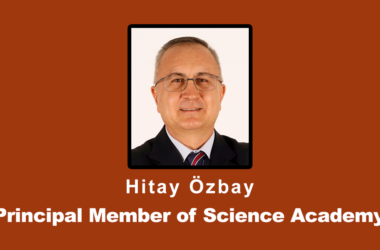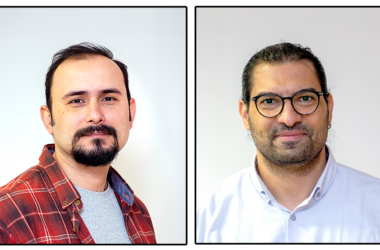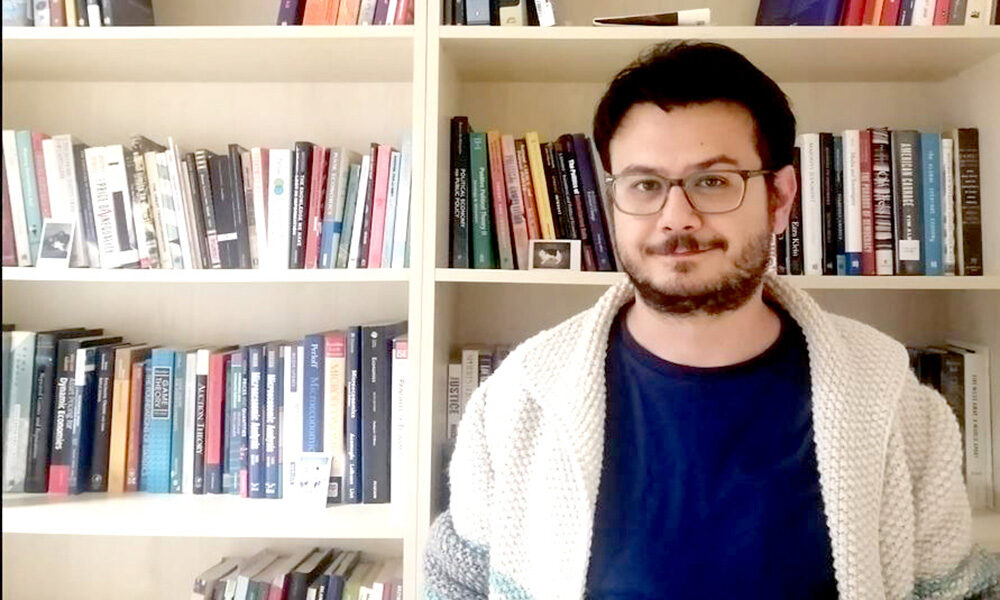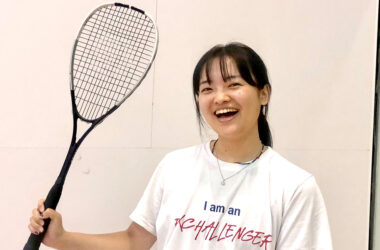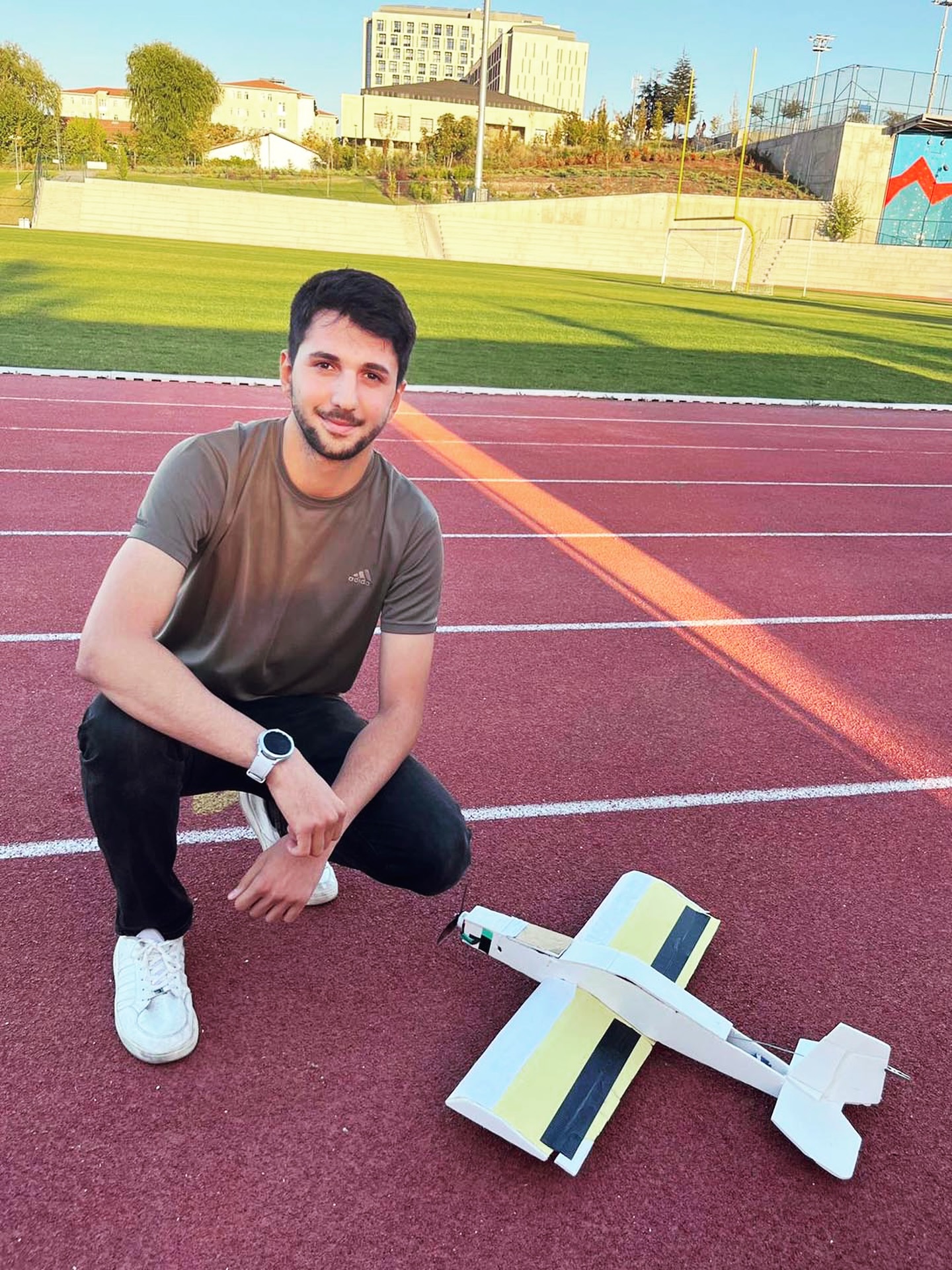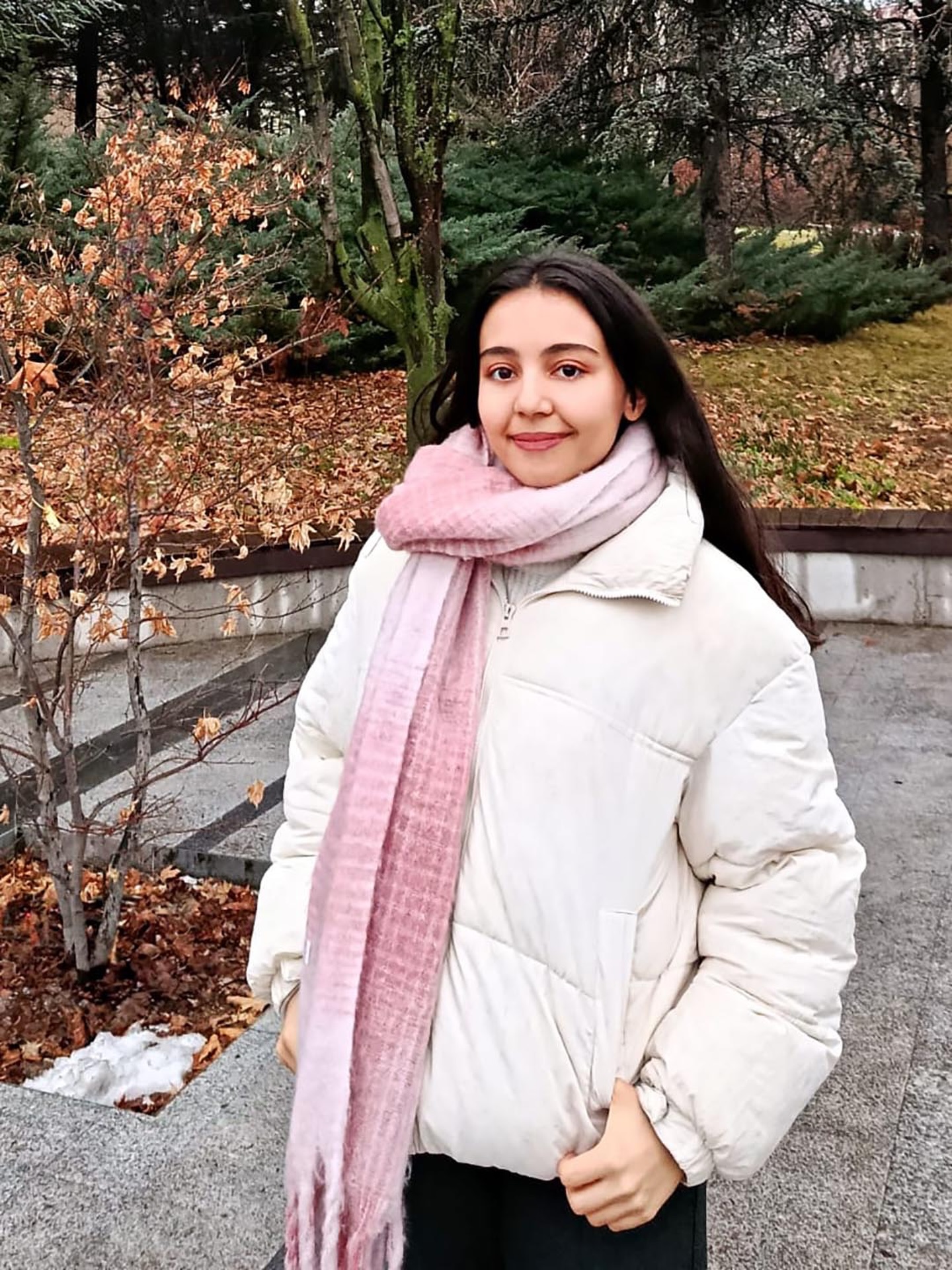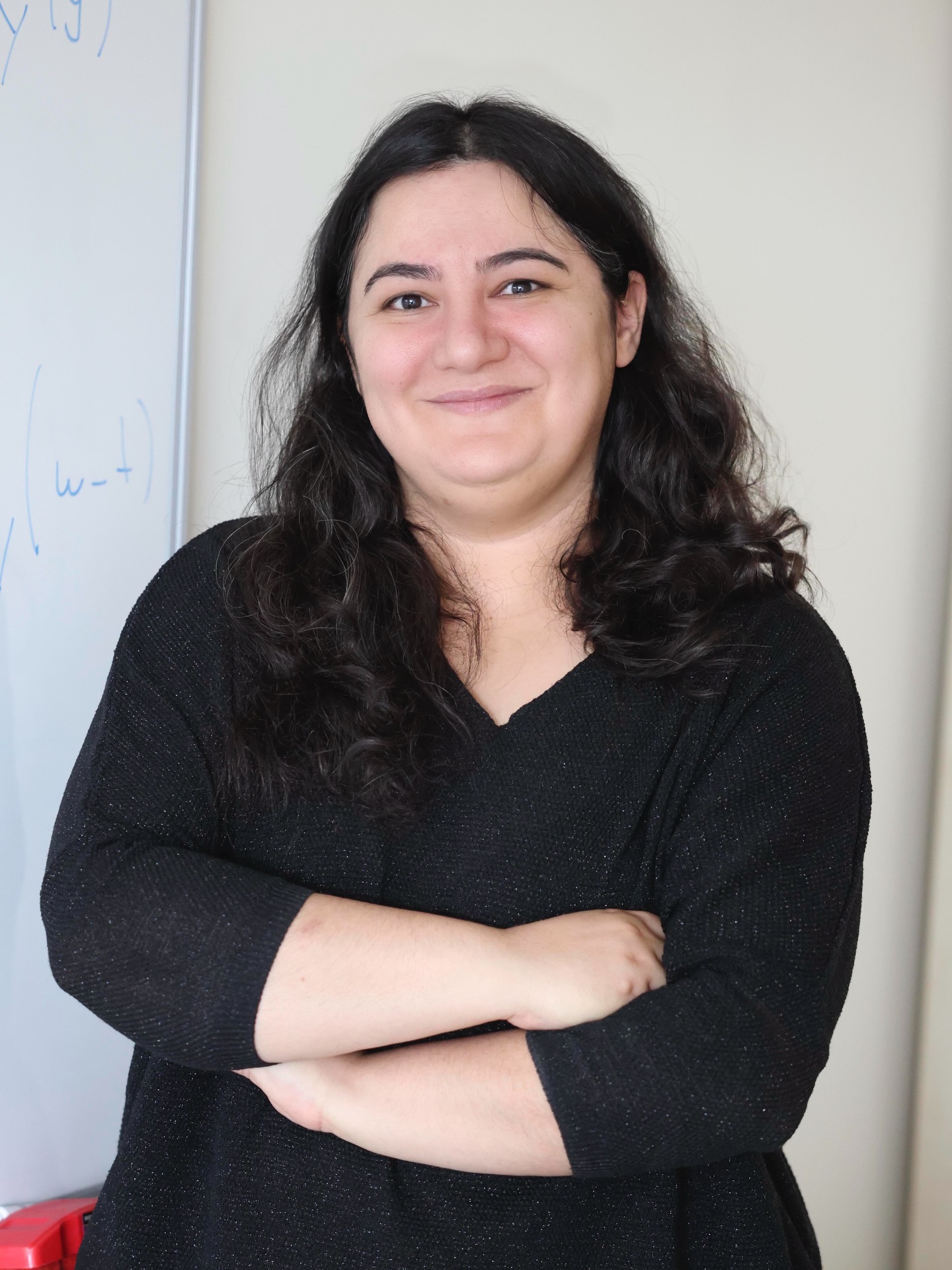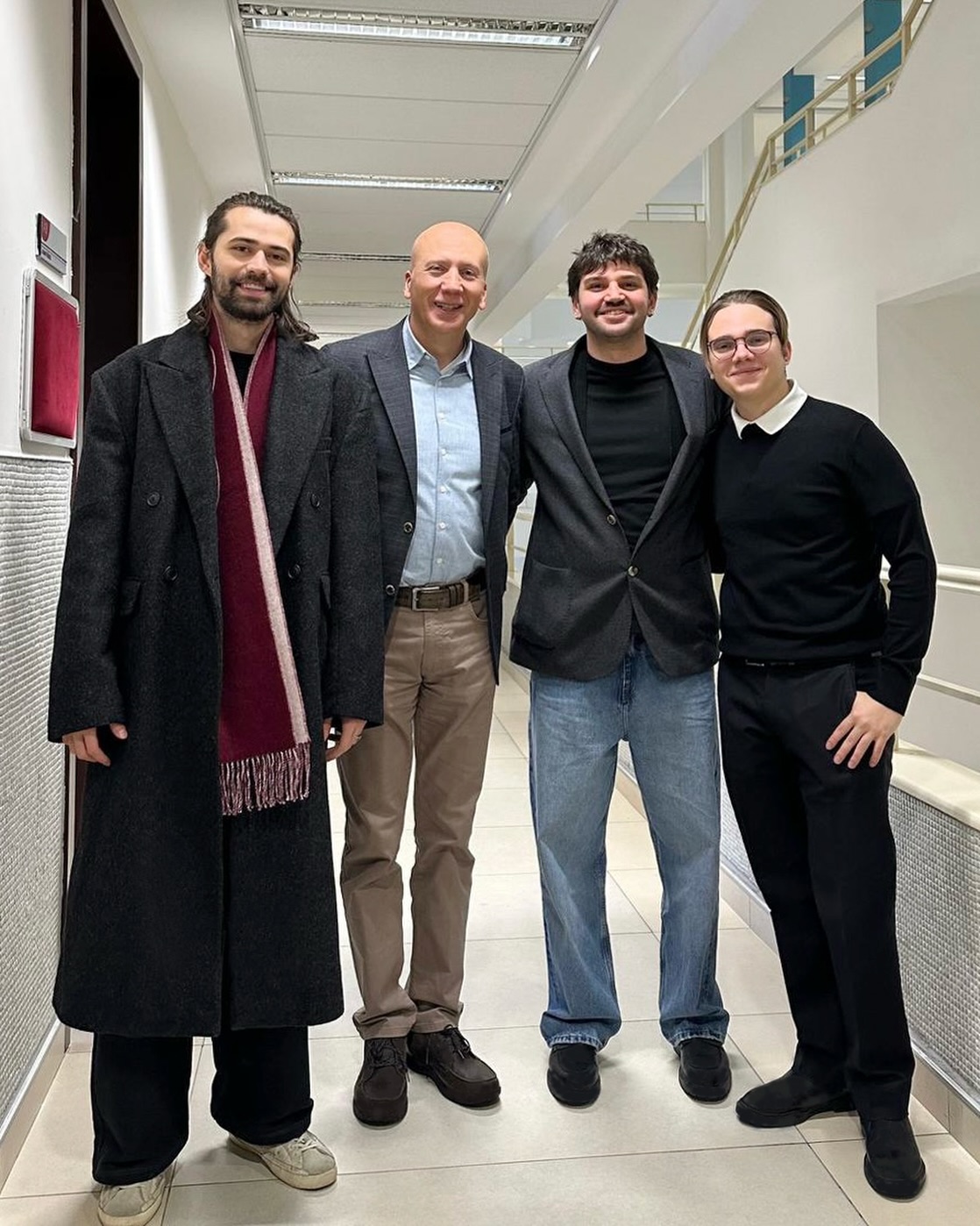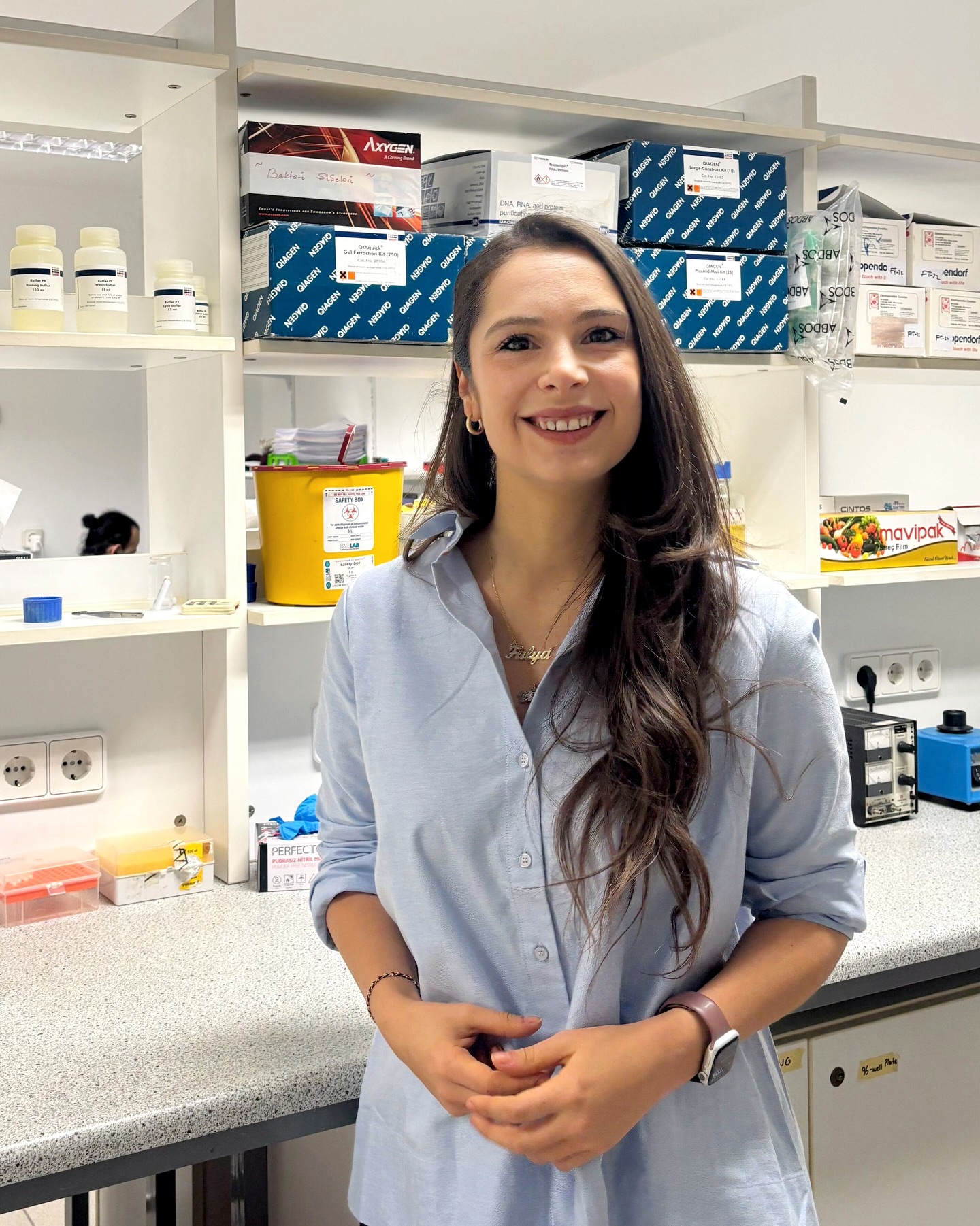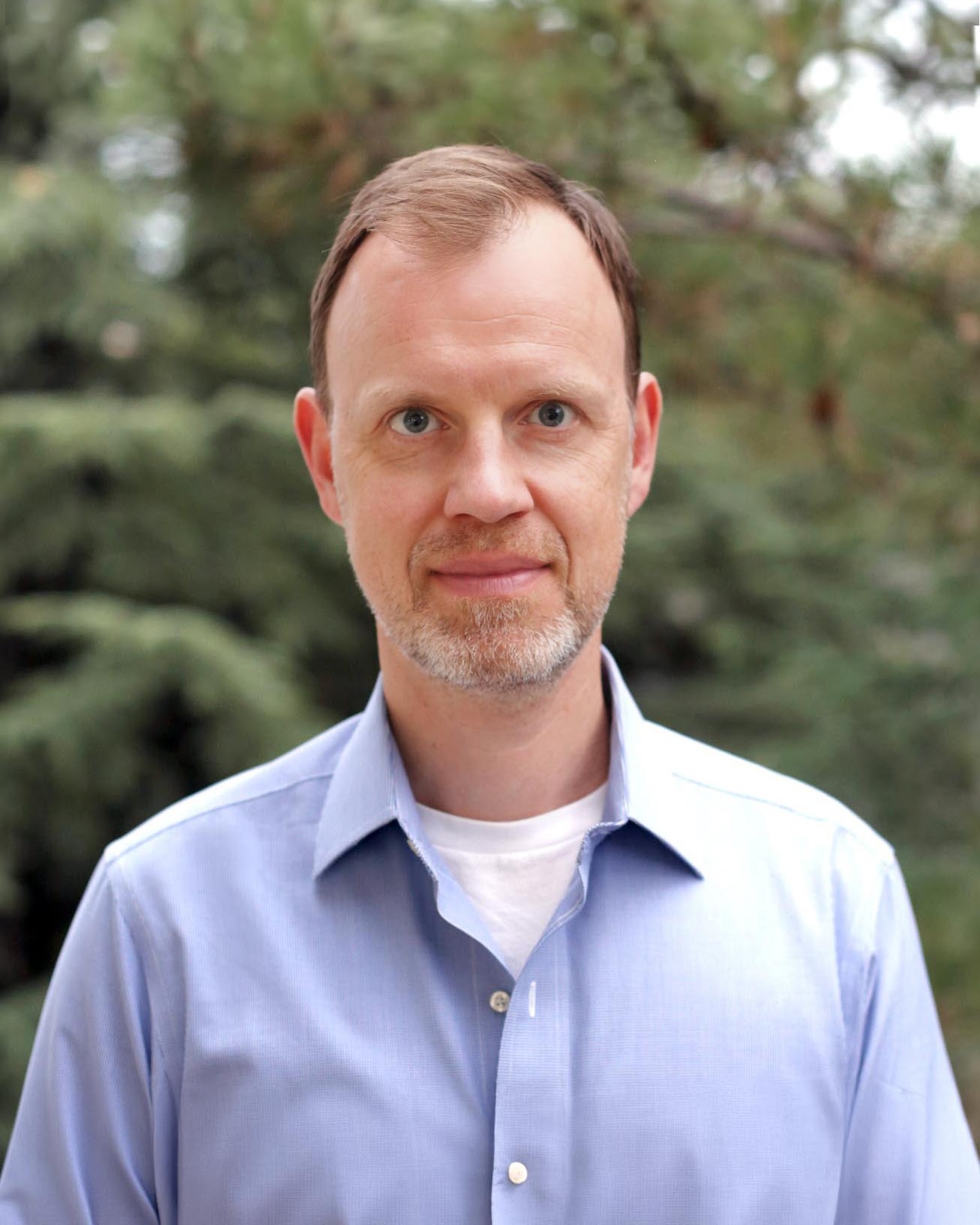BY PELİN SU UZUNCAGİL (AMER/III)
Asst. Prof. Arda Gitmez of the Department of Economics received his BSc in Electrical and Electronics Engineering as well as his MA in Economics from Koç University. He later completed his PhD in Economics at the Massachusetts Institute of Technology. He worked as a post-doctoral researcher at the University of Chicago from 2019–20 and as a visiting assistant professor of Public Policy in Harvard Kennedy School between 2021–22. In 2018, he received the Levitan Teaching Award from the MIT School of Humanities, Arts and Social Sciences and the Graduate Teaching Assistant of the Year Award by the MIT Graduate Economics Association. He is a referee for countless academic journals and was the coorganizer of the Bilkent Microeconomics Seminar Series. Dr. Gitmez has been working at Bilkent since 2020. His research interests are Microeconomic Theory, Political Economy, Market Design and Organizational Economics. He is currently teaching ECON 437 (Political Economy), ECON 548 (Topics in Economics of Information), ECON 504 (Microeconomic Theory) and ECON 101 (Introduction to Economics I). He is also doing a podcast on films, TV series and pop culture.
Why did you choose an academic career?
I didn’t really contemplate other options. In disciplines like engineering, physics and economics, there is the concept of path-dependence that says: one tends to make one initial decision and other decisions follow from there. I think my decision was a case of path-dependence. Academia is my comfort zone. I was a good student in college, I enjoyed being on campus. When I graduated, I looked for options that would keep me in university for longer. That naturally led me to do a master’s and my PhD. After the PhD, I guess I realized I still wanted to stay in the campus environment.
Why/how did you choose Bilkent? What do you like the most about being at Bilkent?
When I graduated from my PhD, I applied to a few places and Bilkent was among the options. I thought about which university would provide the best environment in terms of research quality and research environment. Among these dimensions, Bilkent was the best choice. The biggest attraction was the faculty members of the department. Our faculty members are doing very high-quality research. I also like living in Ankara. Bilkent is a good place to be a junior faculty member. It supports you, gives you good resources and allows you to engage with good students and faculty members.
What projects are you working on currently?
I am a theorist who works on applications related to political economy and market design. I am interested in media and institutions in general. I have a couple of on-going projects about information manipulation in autocratic countries: How it works, what type of manipulations these autocrats engage in, what are factors that tend to increase the information manipulation and what are the factors that limit information manipulation.
Another project is about institutions from a historical perspective. There is an intellectual tradition of discussions about institutional constraints; constraints of rulers in general, such as parliamentary process, judiciary processes, term limits, checks and balances. These types of discussions tend to be missing in Islamic thought. We are trying to understand what features of Islamic culture lead to such absences. We have a thesis, accompanied by a theoretical model, that explains how the need for executive constraints tends to be lower in Islamic countries. Another topic is about market design. We, economists, think about markets a lot. I am teaching ECON101, and I discuss the markets a lot in my lectures. The most primitive form of market uses a currency to clear the market, basically money, to equate the supply and demand. However, in some real-life situations you cannot use money to clear the market. One should be cognizant about what type of features to have in a market and how to design them. School choice is an example of the market design.
What’s your best work?
I think all academics hate their works. You like the end product, but once you witness the production process, it is disgusting. I spend so much time with my projects that when they are finished, I just don’t want to see them anymore. I am still relatively young as an academic, maybe I have not accumulated enough data yet. Maybe in a few years I will come back and enjoy my finished projects.
What excites you about your work? What’s the coolest thing about your work?
I like the relatively early stages of research, but not the earliest stage — there is a very short period of time that I find extremely enjoyable. It is the time when you start thinking about the topic in terms of economics and then you start thinking about what type of economic concepts you can associate with this phenomenon. It is like playing with a toy.
The cool thing is that nobody tells you what to do, so you get to decide what you are going to work on. Things that we study can be things that nobody has worked on before, untouched territory. We can give new names to the concepts. However, it can be difficult for the same reason.
Could you share a turning point or defining moment in your career?
My undergraduate degree is not in economics, it is in engineering. Nowadays I do not practice engineering, but when I considered doing it, I realized I was enjoying economics more. Instead of working with machines, I wanted to work on human-related problems. I did an engineering internship in a research institute in Germany when I was in university. In this internship, I realized that I did not want to do that for the rest of my life. Later, I took some economics classes and I realized that I was really enjoying them.
What has been the most exciting moment of your career so far?
I think I feel excited about the teaching part of my job more than other people might. It is often the highlight of my day. When my research gets published I also get very excited, but I will have had so many rejections along the way that it feels less satisfying.
What’s one piece of information from your field that you think everyone should know?
Academic production is a frustrating process. The outcomes of our research can only be seen many years later. In this period, one should keep oneself busy and accomplish small achievements. One also needs to be ready to receive criticisms and rejections and not take these rejections personally; they are just a part of the process. But I know that this is easier said than done.
When and where do you do your best thinking?
Coffee shops. They have just the right amount of distractions. I find libraries too sterile. You can be creative in coffee shops.
What distracts you?
Teaching distracts me a little bit. Social media is the other thing that distracts me. Even if I spend a little time on it, I feel guilty. But it is also useful for my research.
What are you most curious about?
In terms of market design, most of the time society finds it justifiable and actionable to set up a market to organize transactions. In other cases, people feel it is not a great idea to do this for various reasons: ethical reasons, efficiency, etc. When we come into the philosophy of it, these philosophical reasons always seem to be connected with each other. So, I was very interested in dissecting those arguments and trying to understand what makes a market a market and what makes a market transaction.
Another topic is that there is vast literature in economics about discrimination. People tend to work on understanding the motives behind discrimination, identifying the main causes of discrimination and understanding the policy recommendations to get rid of discrimination. It is a very fascinating topic. A world without discrimination is what we always dream of, but from an economical perspective this is a very post-modern idea. Economics is very categorical. A world without discrimination means getting rid of these economical categories. I am curious about whether economics is able to evolve into a field that incorporates these kind of post-modern problems. I don’t think that there is an answer to this question.
What’s the most common misconception about your work?
The thing that I hate most is that people see youtubers and pundits, for example, who have only studied one page of economics and then decided that economics treats people as if they are rational, but in fact, they are not. There is a misconception that these rational people always make rational decisions, that they make the best decisions for themselves and that they are selfish. This is incorrect. Economics does not assume that people are selfish, or precise with their choice. A huge part of economics is devoted to understanding imperfections in people’s behavior. Economics is built on the idea that people have preferences. We are trying to understand their preferences without judging them.
Another misconception is that economics do not want to study fairness and inequality. This is also wrong.
What do you like to do when you’re not working?
To ease my mind, I keep myself busy with unsophisticated pop culture. Being knowledgeable about a TV series with a terrible Turkish song repertoire that is only going to last three episodes is my hobby. A couple of years ago, my wife and I started to do a podcast about movies, series and pop culture. Producing it is something that made us sane, because it helps us a build a concrete product in a relatively short time span. But nowadays, it is a requirement to have a podcast to be a millennial.
Which books have influenced you the most, and why?
“Economics Rules” by Dani Rodrik. It did not influence me early in my career because I read it relatively late. However, it turned out to be a very good representation of concepts that were abstract in my mind.
The other is “Common Ground” by J. Anthony Lukas. I read it when I was doing my PhD. It is a nonfictional story of three families who were integrated into the Boston school choice system. It tells the state interference in this system and how these families were affected. I thought that it was an extremely captivating book. It made me realize the thing I am studying is not simply mathematical but also affects real lives. It made me realize that the things that I am studying will have repercussions.
If you weren’t an academician, what career would you choose?
I would say teacher. But also, I wish I could be a film critic.
What’s the secret to leading a happy life?
I wish I knew; I have no idea. I am not the right person to ask this question. I am mostly an anxious person. I can say that one should accept the mess and uncontrolled pulse of life. But it is easier said than done.
If you could go back to your graduate/undergraduate student years, what advice would you give your younger self.
I wish I’d studied more philosophy and sociology. I would say, “Take it easy,” but I guess I would not listen to myself anyway.
